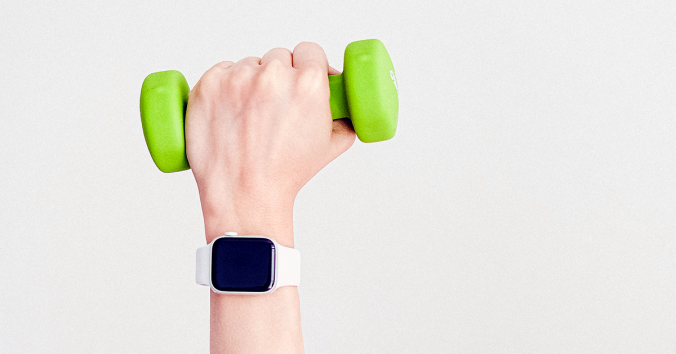In an unusually rhetorical article for being in a scientific journal, the image is drawn of a humanity that frees itself from moral weakness by downloading ethical fitness apps.
The authors claim that the maxim “Know thyself!” from the temple of Apollo at Delphi is answered today more thoroughly than ever. Never has humanity known more about itself. Ethically, we are almost fully educated. We also know more than ever about the moral weaknesses that prevent us from acting in accordance with the ethical principles that we finally know so well. Research is discovering more and more mechanisms in the brain and in our psychology that affect humanity’s moral shortcomings.
Given this enormous and growing self-knowledge, why do we not develop artificial intelligence that supports a morally limping humanity? Why spend so much resources on developing even more intelligent artificial intelligence, which takes our jobs and might one day threaten humanity in the form of uncontrollable superintelligence? Why do we behave so unwisely when we could develop artificial intelligence to help us humans become superethical?
How can AI make morally weak humans super-ethical? The authors suggest a comparison with the fitness apps that help people to exercise more efficiently and regularly than they otherwise would. The authors’ suggestion is that our ethical knowledge of moral theories, combined with our growing scientific knowledge of moral weaknesses, can support the technological development of moral crutches: wise objects that support people precisely where we know that we are morally limping.
My personal assessment of this utopian proposal is that it might easily be realized in less utopian form. AI is already widely used as a support in decision-making. One could imagine mobile apps that support consumers to make ethical food choices in the grocery shop. Or computer games where consumers are trained to weigh different ethical considerations against each another, such as animal welfare, climate effects, ecological effects and much more. Nice looking presentations of the issues and encouraging music that make it fun to be moral.
The philosophical question I ask is whether such artificial decision support in shops and other situations really can be said to make humanity wiser and more ethical. Imagine a consumer who chooses among the vegetables, eagerly looking for decision support in the smartphone. What do you see? A human who, thanks to the mobile app, has become wiser than Socrates, who lived long before we knew as much about ourselves as we do today?
Ethical fitness apps are conceivable. However, the risk is that they spread a form of self-knowledge that flies above ourselves: self-knowledge suspiciously similar to the moral vice of self-satisfied presumptuousness.

Written by…
Pär Segerdahl, Associate Professor at the Centre for Research Ethics & Bioethics and editor of the Ethics Blog.
Pim Haselager & Giulio Mecacci (2020) Superethics Instead of Superintelligence: Know Thyself, and Apply Science Accordingly, AJOB Neuroscience, 11:2, 113-119, DOI: 10.1080/21507740.2020.1740353
The temptation of rhetoric



0 Comments
1 Pingback